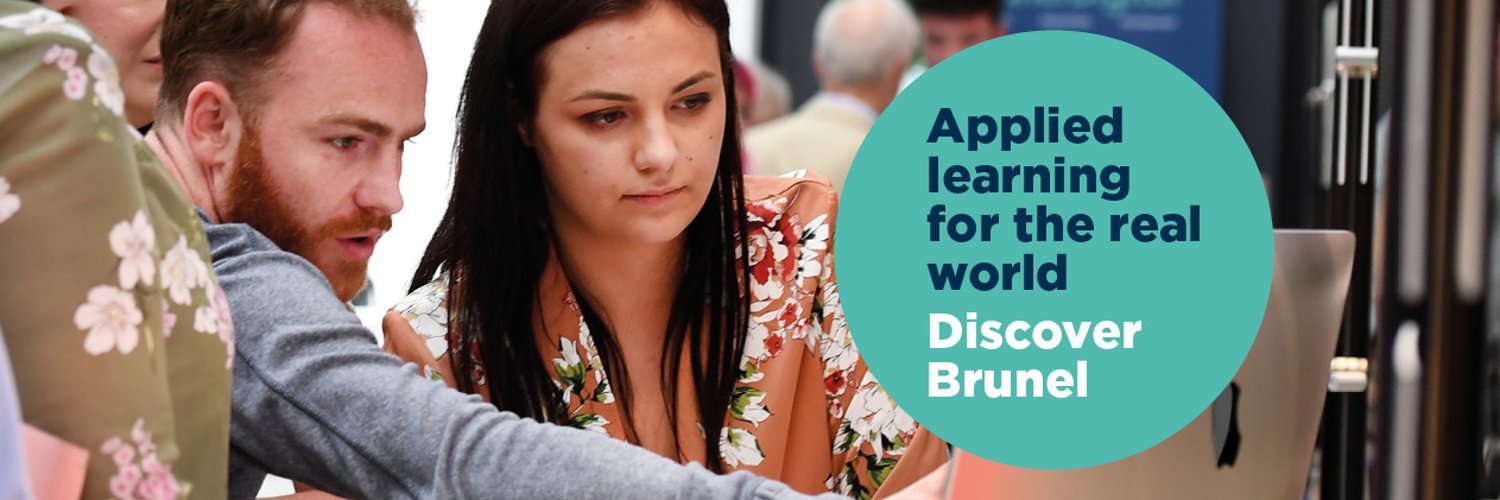Computer Science (Network Computing) BSc
Networks are what make up much of the modern-day working world as we become more connected both as individuals and as organisations. But with network connectivity (including cloud computing) comes a heightened requirement for security and privacy. On the Computer Science (Network Computing) BSc degree course, you’ll gain a good understanding of computer science and a grasp of the important elements of a computer system before specialising in network computing.
You’ll learn to specify, design, code, modify and test different types of software, from web-based systems to mobile solutions, in a contemporary programming paradigm. All of this will be done using an appropriate commercial grade development environment and associated database tools.
In addition, you’ll acquire in-depth knowledge of algorithms, design, programming and testing techniques. By the end of the course, you’ll have confidence in your knowledge of common system and network architectures and system development approaches, requirements capture, design methods, models, tools, and techniques.
You’ll become well-versed in implementing and testing systems and software maintenance. Key to this course is cultivating a reflective approach to project management issues arising from team-based software development.
Network computing graduates have a wide range of careers open to them. Perhaps you’ll start by becoming a general analyst or programmer in a consultancy firm. This is often just the first step towards setting up your own business.
Our course is designed for flexibility, so if you’re not sure which route you want to take, you can select modules and specialise gradually during your time with us. You can transfer between Computer Science and Business Computing up to the start of Level 2, then, should you wish, to choose a specialism up to the start of Level 3.
We know that when you graduate, you’ll be working on large projects. That’s why one third of each year of our programmes is project-based. On Levels 1 and 2, you’ll build a software solution in a team, and in your final year you’ll carry out an individual project. You’ll also have the opportunity to showcase your projects at the annual Made in Brunel (Software Innovation) event, with awards presented by the likes of Cisco, Sky and Xerox.
As part of your degree course, you’ll have the chance to take a year-long work placement between your second year and third year. We’ll support you in finding that all-important paid professional experience, in the UK or abroad. The feedback we’ve received is that those who have taken a placement are much more likely to find a job for which their degree was a formal requirement as it gives you a competitive advantage. Recent graduates have gone on to work for well-known names such as Accenture, Toshiba, Microsoft, British Airways, O2, and Barclays.
Our programmes are accredited by the British Computer Society, the Chartered Institute for IT, for the purposes of fully meeting the academic requirement for registration as a Chartered IT Professional (CITP), and on behalf of the Engineering Council, for the purposes of fully meeting the academic requirement for Incorporated Engineer (IEng) and partially meeting the academic requirement for a Chartered Engineer (CEng).
The accreditation also allows you to apply for professional membership of the BCS after you have successfully completed your degree.
The department has been awarded an Athena SWAN Bronze, recognising our dedication to the advancement of gender equality in STEM subjects. We now have an ongoing three-year action plan to further implement strategies and improve our practices. As part of this endeavour, Brunel’s Women in Engineering and Computing mentoring scheme provides our female students with invaluable help and support from the industry.
Intakes
- Sep
Application Processing Time in Days: 30
Minimum English Language Requirements
| English Level Description | IELTS (1.0 -9.0) | TOEFL IBT (0-120) | TOEFL CBT (0-300) | PTE (10-90) | |
|---|---|---|---|---|---|
| Expert | 9 | 120 | 297-300 | 86-90 | |
| Very Good | 8.5 | 115-119 | 280-293 | 83-86 | |
| Very Good | 8 | 110-114 | 270-280 | 79-83 | |
| Good | 7.5 | 102-109 | 253-267 | 73-79 | |
| Good | 7 | 94-101 | 240-253 | 65-73 | |
| Competent | 6.5 | 79-93 | 213-233 | 58-65 | |
| Competent | 6 | 60-78 | 170-210 | 50-58 | |
| Modest | 5.5 | 46-59 | 133-210 | 43-50 | |
| Modest | 5 | 35-45 | 107-133 | 36-43 | |
| Limited | 4 | 32-34 | 97-103 | 30-36 | |
| Extremely Limited | < 4 | < 31 | < 93 | < 30 |
Job Opportunity Potential
Making effective applications
Preparing for interviews
Make the most of your careers service, throughout your degree and beyond
Where could your degree take you?
Build your career while studying and gain an insight into the range of paths open to you
Skills Awards and Programmes
Build the skills employers look for with Ready, Brunel+, BSIP, and professional mentoring
Moving on as a graduate
We're still here for you after you finish your degree - up to 3 years after graduation
PSW Opportunity
2 Years PSW is applicable after the course completing (Bachelors level or above)
Admission Requirement / Eligibility Criteria
CBSE, CISCE, Tamil Nadu & Maharastra Boards - Pass Standard XII with 72% from 5 subjects. All other Boards - Pass Standard XII with 82% overall.
If you require a Tier 4 visa to study in the UK, you must prove knowledge of the English language so that we can issue you a Certificate of Acceptance for Study (CAS). To do this, you will need an IELTS for UKVI or Trinity SELT test pass gained from a test centre approved by UK Visas and Immigration (UKVI) and on the Secure English Language Testing (SELT) list. This must have been taken and passed within two years from the date the CAS is made.
English language requirements
IELTS: 6.5 (min 5.5 in all areas)
Pearson: 58 (51 in all subscores)
BrunELT: 65% (min 55% in all areas)
TOEFL: 92 (min R18, L17, S20, W17)
- Course Code: G424
- Course Type: Full Time
- Course Level: Bachelors/UG Degree
- Duration: 03 Year
-
Total Tuition Fee:
53625 GBP
Annual Cost of Living: 12006 GBP
Application Fee: N/A
Similar Programs
- Biological Sciences (for intercalated students) BSc at Brunel University London
- Mathematics for Data Science BSc at Brunel University London
- Sport, Health and Exercise Sciences with Business Studies BSc at Brunel University London
- Sport, Health and Exercise Sciences BSc at Brunel University London
- Sport, Health and Exercise Sciences (Physical Education, Coaching and Social Issues) BSc at Brunel University London
- Specialist Community Public Health Nursing BSc at Brunel University London

